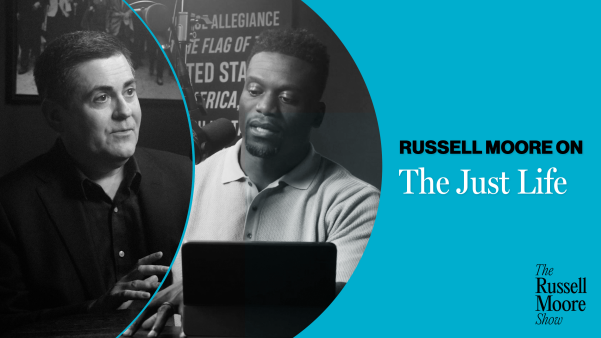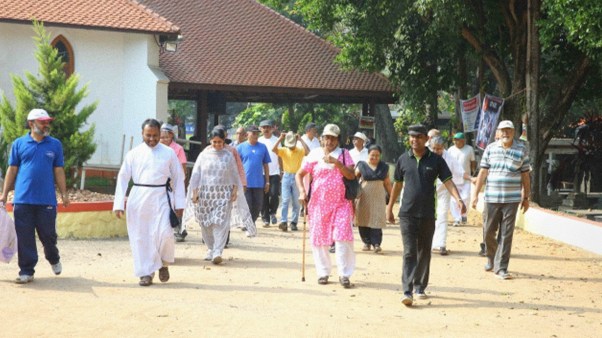In the spring issue of Leadership journal, Brian Hofmeister wrote an article titled “The Dirt on Organic.” Hofmeister shared his experience as the pastor of a network of small, minimally structured, churches. While he celebrated the rich community and evangelistic vigor of his organic churches, Hofmeister was also honest about the struggles he faced. In the end he left his organic experiment for a more traditionally-structured church with paid fulltime pastors. Neil Cole, also a Leadership journal contributor and the author of The Organic Church, was written this response to Hofmeister’s article.
The issue Brian struggled with appears to be about finding qualified leaders in a fast growing work with conversion growth. Every missionary must face this and the solution is not to import seasoned leaders from other cultures into new works and thus create an unhealthy dependency. This will result in the establishing of a church culture rather than releasing a catalytic movement within a culture. The solution is to grow leaders from within the soil itself. Does this take time? Yes. It takes longer than a year. There are a few barriers that often prevent us from raising these leaders, and Brian apparently hit these barriers and chose not to continue.
Here is a diagnosis of the issues Hofmeister faced:
Recruitment of mature leaders. Recruitment of leaders for ministry is an epidemic problem in the Western Church. We all have more ministries than we have leaders. But recruitment is not the solution—in my opinion it is part of the problem. Recruitment is a consumer orientation that expects others to grow the leaders so we can benefit from them. When everyone is shopping for leaders and no one is farming we will soon have a serious demand and very little supply. If everyone buys bananas at the store and no one grows them at the farm, bananas will become very valuable and rare…even the lesser quality ones. This is the sort of leadership vacuum we face today in the Western Church.
In our organic church movement, we see our entire leadership farm system as starting with lost and broken people, not already saved and committed folks. We believe that many of our greatest heroes of the future woke up this morning with a hangover in the wrong person’s bed. That broken life, transformed by the power of the gospel, actually will become the energy of a movement when released to affect others. To try and coral that energy and consume it with Bible study lessons by older Christians who are far removed from a changed life is to lose all the inertia of a movement. We need mentors who will release and empower rather than hold people back and create dependency.
Expectations of what maturity looks like. The church often has a checklist approach to evaluating maturity in leaders. It is as though we have a ceiling that must be broken through before we will call someone mature and grant them permission to lead. But this is an artificial ceiling that doesn’t actually exist. Maturity is not accomplished in a day, a year, or a decade…it is a process over a lifetime. We often say in our movement that you do not graduate until there is a flatline on the screen next to your bed…prior to that you are still in process. Because we have learned leadership in an academic institution (as did our fathers and grandfathers before us), we tend to evaluate maturity based on the amount of knowledge accrued. This has created the serious problem of being educated beyond our obedience.
We must evaluate simple faith with obedience to what God is saying, not just knowledge of it. In many cultures of the world you do not really know something until you are putting it into practice and teaching it to others, prior to that you are learning something theoretically rather than actually knowing it. In our Western church culture simply agreeing with something intellectually is enough, but the result is a theoretical faith rather than an actual one. Theoretical Christians will never change a culture. As a remedy we have adopted this understanding: Do not teach a second lesson until the first one is done, and a lesson is not truly learned until it is passed on to others.
Depending upon the church to make leaders rather than the other way around. In organic church life the flow of fruitfulness is from the inside out. In an institutional approach we try to form disciples from the outside in by using conformity and behavior modification practices. This will not work.
The goal should not be to plant a church, but to plant the seed of the gospel in good soil. Instead of seeing church as the agency of change we must see it as the outcome of changed lives. The Bible doesn’t say, “For God so loved the world that He sent His only begotten church.” Jesus is the savior, not the church, and we must plant Jesus rather than churches. A soul transformed by the presence of Jesus will affect the lives of others around them, and the growth of their own life will ultimately bear fruit. The world is searching for Jesus not the church, but our message too often is that they must come to church to get Jesus. The results are sad indeed. We must take Jesus to the world, and stop waiting for the world to come to church. Let those with little experience have influence over those who have no experience. As we mentor people one-on-one we will find that reproduction of disciples, leaders and ultimately churches is possible.
Stay tuned for Part 2 of Neil Cole’s defense of organic church.








